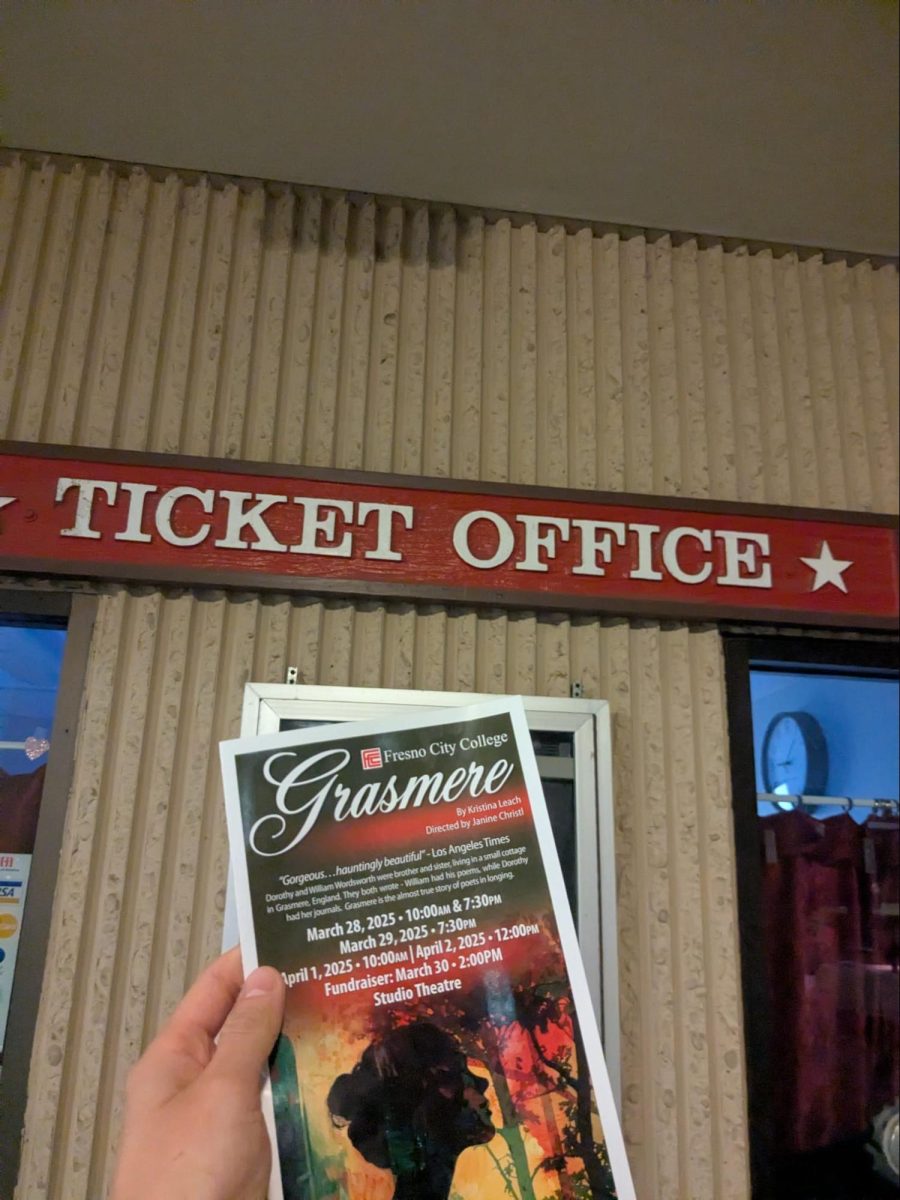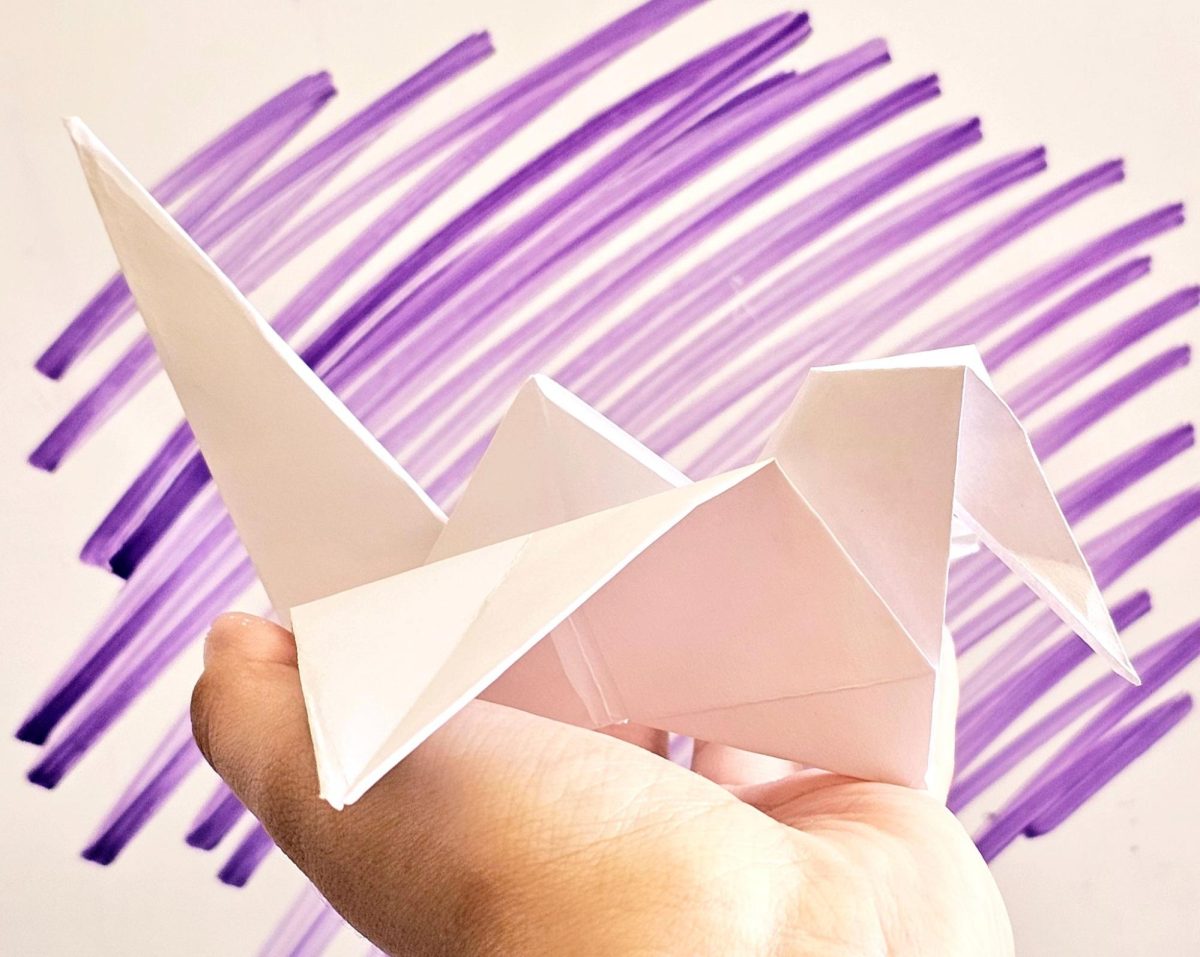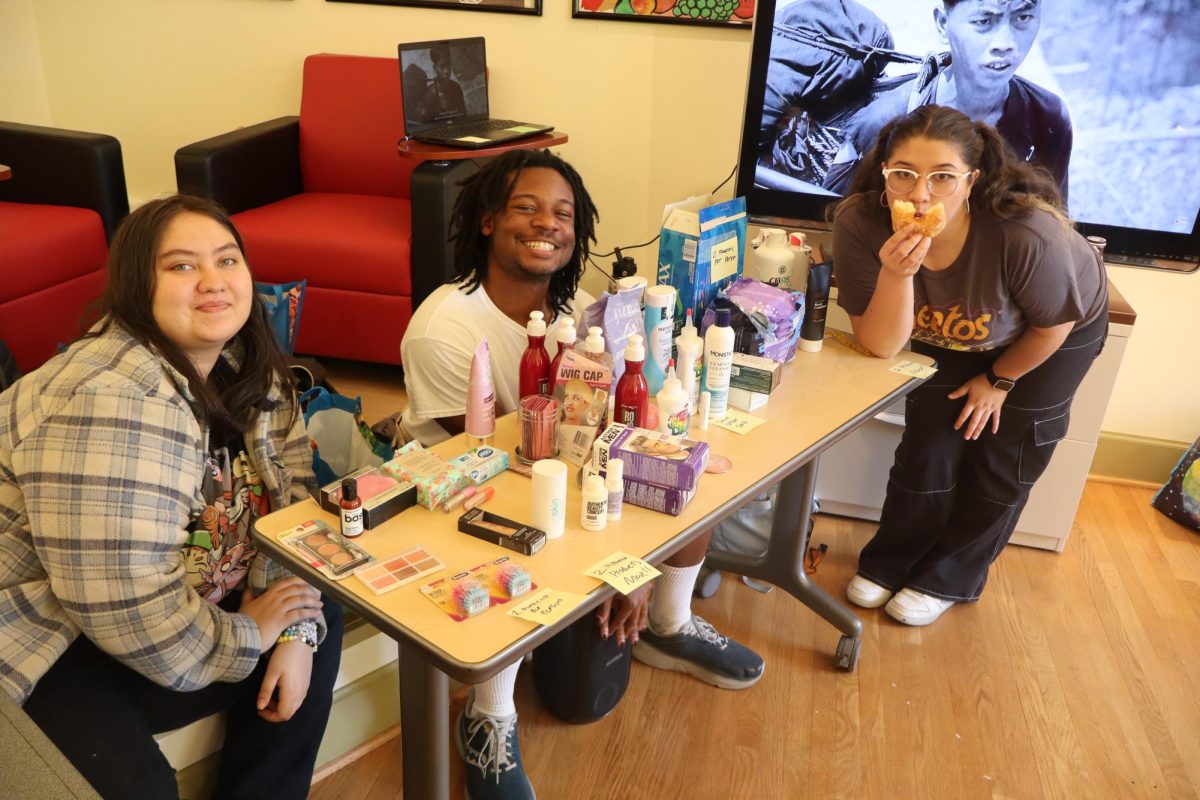“Oh, I can keep the change from the $100 bill on a $94 tab? You shouldn’t have.”
You really shouldn’t have. Most people aren’t aware that restaurant servers make a measly $2.13 an hour, slightly over a fourth of the country’s minimum wage. Servers are on their feet for up to 8 hours a day, many sign away a lunch break, and more often than not don’t receive a paycheck. Not to mention, they have to pretend to think your disrespectful child is adorable, and that they have all the time in world to wait for you decipher the menu as if it were written in hieroglyphics.
With a dwindling economy, cutting corners is understandable. There are plenty of other ways to pinch pennies other than depriving your server. I like to think that people aren’t intentionally taking money directly from server’s pockets, but that is essentially what is happening every time a server is under-tipped.
In every restaurant there is a system called tip-share. Tip share is exactly what it sounds like, except “sharing” implies that it’s optional. It’s not. In your average
restaurant, 5 to 7 percent of a server’s total sales, including alcohol, bottles of wine and food is taken out of the server’s tips and distributed between the hostesses (the scantily clad waifs that greet you and walk you to your table), the bussers (the ones that clear your plates, clean the tables, maintain the beverages and fill your waters), the expo (the person that gets the food to your table) and the bartenders (the people rolling their eyes over your flavored mojito, modified margarita and virgin strawberry daiquiri).
Meaning, no matter what a server is tipped on a $200 bill, they have to pay on average $10 to everyone involved, if only $10 was left, then the server laughed at your
jokes, smiled through your snide comments and refilled your iced tea 9 times only to make absolutely no money on your table. If less than 5 percent of the bill was left, the server is still forced to pay everyone else. In laymen’s terms, the server just paid to serve you.
There are reasons to tip your server less, some are at times lazy and provide sub-par service – but you should never tip less than 10 percent. Servers that are forgetful,
inattentive or unprofessional should obviously not be left 20 percent tips, but there are incidences that servers have no control over and should not be penalized for.
Having to wait an obscene amount of time to be seated, for example, could possibly be due to inaccurate quoting by a hostess. But more than likely, it’s because you didn’t make a reservation, and sighs and complaints aren’t going to make the wait any shorter. Servers have absolutely nothing to do with reservations or quote times, ergo they had no say in the hour long wait you barely survived. If your drinks take a little longer than you’ve anticipated, it is probably because the bar is experiencing high traffic. Bartenders are responsible for tending to all the patrons at the bar in addition to the other 40 or so tables in the restaurant that want alcoholic beverages. As soon as the drinks are prepared, they will be delivered. If your food came out over-cooked or under-cooked, this is the kitchen’s fault; talented chefs make an average of 2,000 dishes each night. If your steak came out medium instead of medium-rare, servers are happy to have another steak prepared for you, as well as accept responsibility for the mistake. Contrary to what some customers think, servers do not cook your steak and attend to their four other tables. If the item was completely different from what you ordered or didn’t have any of the modifications you asked for, then it could have been a mistake by your server. If the restaurant is out of an item, it is not because servers think it’s funny to sell out of that item before you arrive. It is because the item was popular or the shipment has yet to arrive. Servers are not in charge of inventory, so they have no control over what is available and what isn’t.
There are also issues that deserve above average gratuity, such as large parties. Your server is working to keep 12 plus people satisfied with re-fills, menu modifications making sure everything is prompt and orderly and more often than not splitting your check at least six different ways.
If you sit in a server’s section long after you have finished dining, you are keeping that table occupied, meaning your server can’t seat any new customers. This means they can’t make any more money on that table. Sit and talk about your love of hydrangeas or contemplate getting back with your ex for the fifth time for as long as you want – just tip extra for the amount of income you are causing the server to lose. If you are a particularly needy table that your server accommodates without so much as an eye-roll and goes particularly out of their way for you, acknowledge it.
According to a list by U.S. News, waiting tables is the best job for a college student to obtain during the duration of their higher education. College students make up
60 percent on the wait staff in America. Many are only servers until they obtain their bachelor’s degree, or graduate from a master’s program or law school.
As previously stated, servers make $2.13 an hour. It is assumed that servers will make up the difference in tips. The majority of the time they do make well over minimum wage if tipped accurately, and as a result receive no formal paycheck in addition. The costumer service industry is the only industry where customers decide the employee’s income. It is illegal for any one to come in to your place of business and take money out of your paycheck, so show restaurant employees the same respect. If these reasons in no way changed your view on tipping etiquette, think of this; servers are the last people to touch your food before it enters your mouth.





